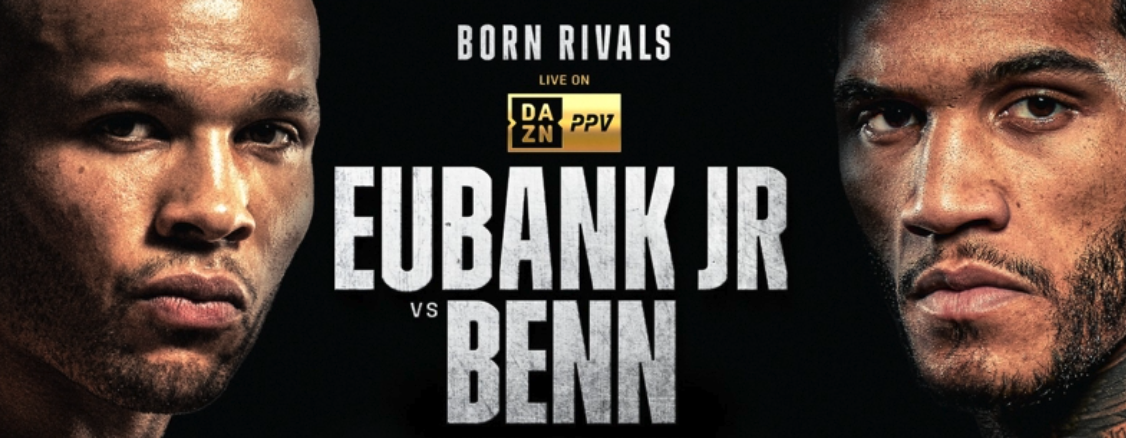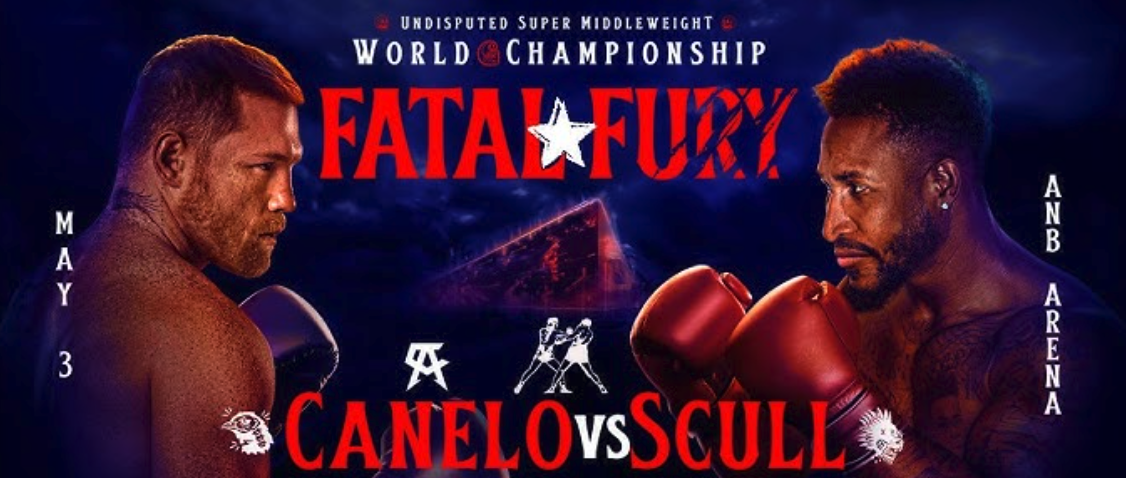How a Boxer Fights Against Gambling Issues
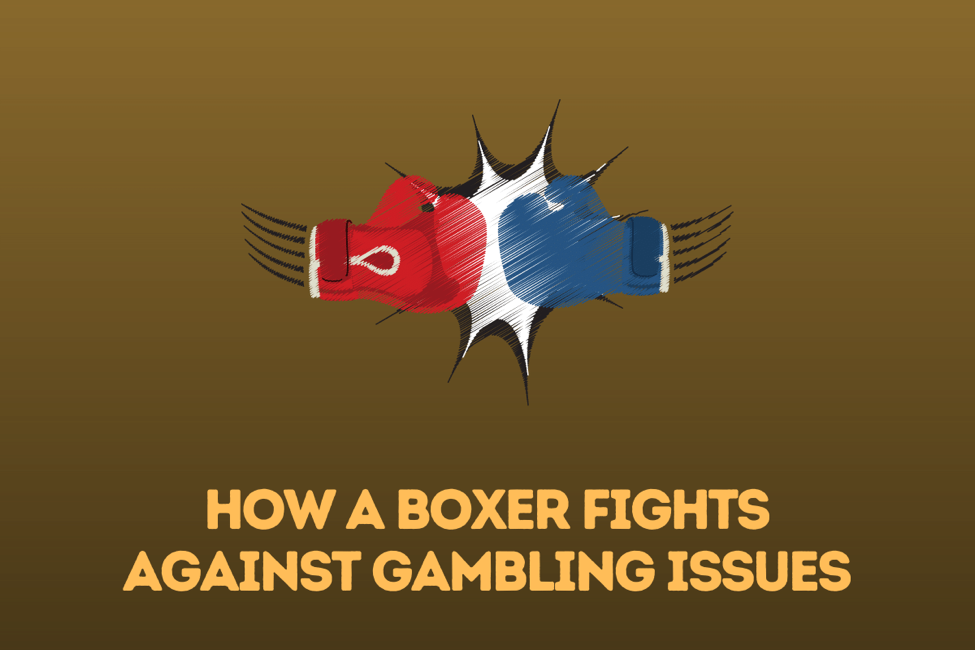
Gambling is a popular pastime across the world, especially in the UK where the betting scene is fully regulated. Unfortunately, despite the presence of responsive gambling frameworks, the hobby has adverse impacts on mental health and various other aspects of life. Gambling addiction is a big problem, with an estimated 300,000 problem gamblers in the UK alone.
Many punters find it increasingly difficult to control their hobby once it becomes compulsive. Some players end up on GamStop and other self-exclusion schemes to take time off by blocking access to online casinos. However, there are many betting sites not on GamStop such as NonGamStopBets created for self-excluded players. Players will often find ways around existing tools used to self-exclude from gambling.
As such, the problem requires robust addressing to help compulsive gamblers regain control. One recent story of Ted Cheeseman took over the world, highlighting how every player is vulnerable to problem gambling. Here's a quick overview of how a 24-year-old boxer is fighting against gambling issues.
Ted’s Story
Ted Cheeseman's gambling addiction story became the highlight following his monumental defeat in a fully-packed O2 Arena at the hands of Spain's Sergio Garcia. This event happened on February 19, and according to Ted, it was the standout 'low' he needed to make a decisive action to step away from gambling. In the years leading to the match, Ted had racked up wins and was hoping to become the newly crowned European light-middleweight champion, a feat that eluded him. Reflecting on the event, Ted spoke to BBC Sports and opened up about the mental torture he was going through because of his gambling problem.
Cheeseman started gambling in his teens and the habit developed into a problem even as he became a prolific boxer. On the night of his lost fight, Ted was on the back of losing around €30,000. He made his last €1,000 bet before the match, desperate to win. However, this was common practice and didn't fully realize the dangers of gambling until the life-changing defeat. For him, winning comes with a big fight purse, so losing a bet was a normal blow because he knew he would earn it back. He would lose thirty grand one night and win ten the next day, which created a cycle.
To sum it up, Ted Cheeseman has currently gone over two years without betting, following his last €20 bet made back in April 2019. He has attended the Gambling Anonymous meetings and communicates regularly with his partners. Ted's career as a boxer is yet to recover fully, but he has made a turn that changed his youth and life. He now values spending more time with his young family and partners.
How to Fight Problem Gambling
According to Ted, you need a standout low to make a decision. He’s come in the less than graceful way he lost to Garcia. However, you don't have to wait until you are rock bottom to start acting. The key to fighting a gambling problem starts with accepting that you have lost or are losing control of the situation. Once you identify it as a gambling problem, you can seek out help from existing organizations. There are many ways to fight gambling, but the best approaches are comprehensive.
Here are two:
GamStop and Self-Exclusion Programs
GamStop is the most popular self-exclusion program in the UK and allows boxers and regular players to voluntarily opt-out of online gambling sites licensed by the UKGC. You can also find GamStop alternatives, such as Gamban, Gamblock, Betfilter, and NetNanny. Most are software applications designed to block access to gambling websites and mobile casinos. Other options include cool-off periods, maximum bet/loss, and time-outs. You can use such programs to take periodic breaks from gambling and make it a little more difficult to gamble.
Gambling Support Groups
Voluntary self-exclusion can help you block all gambling content and websites, so you’ll need to work harder to get reputable casinos, once you are registered. However, they are less effective as a standalone solution. For Cheeseman, Gambling Anonymous meetings and speaking to other people that had recovered from compulsive betting was pivotal in his u-turn. Such support groups offer access to resources, information, and forums where problem gamblers can find help. They are essential in creating awareness and also have experts ready to help gambling addicts recover.
Summary
Many players are fighting against gambling issues, some privately with the help of self-exclusion tools. Others have joined support groups while many more are yet to address the problem. Gambling addiction has adverse effects whether you bet €1,000 or €10. The loss is just as devastating.
If you are continuously finding it hard to avoid gambling, you should consider finding help as soon as possible. The earlier you get help, the faster you’ll regain control and avoid the adverse impacts of gambling on your health and life. Like Ted, we hope you’ll recognize the problem in time and make the change required to gamble responsibly.

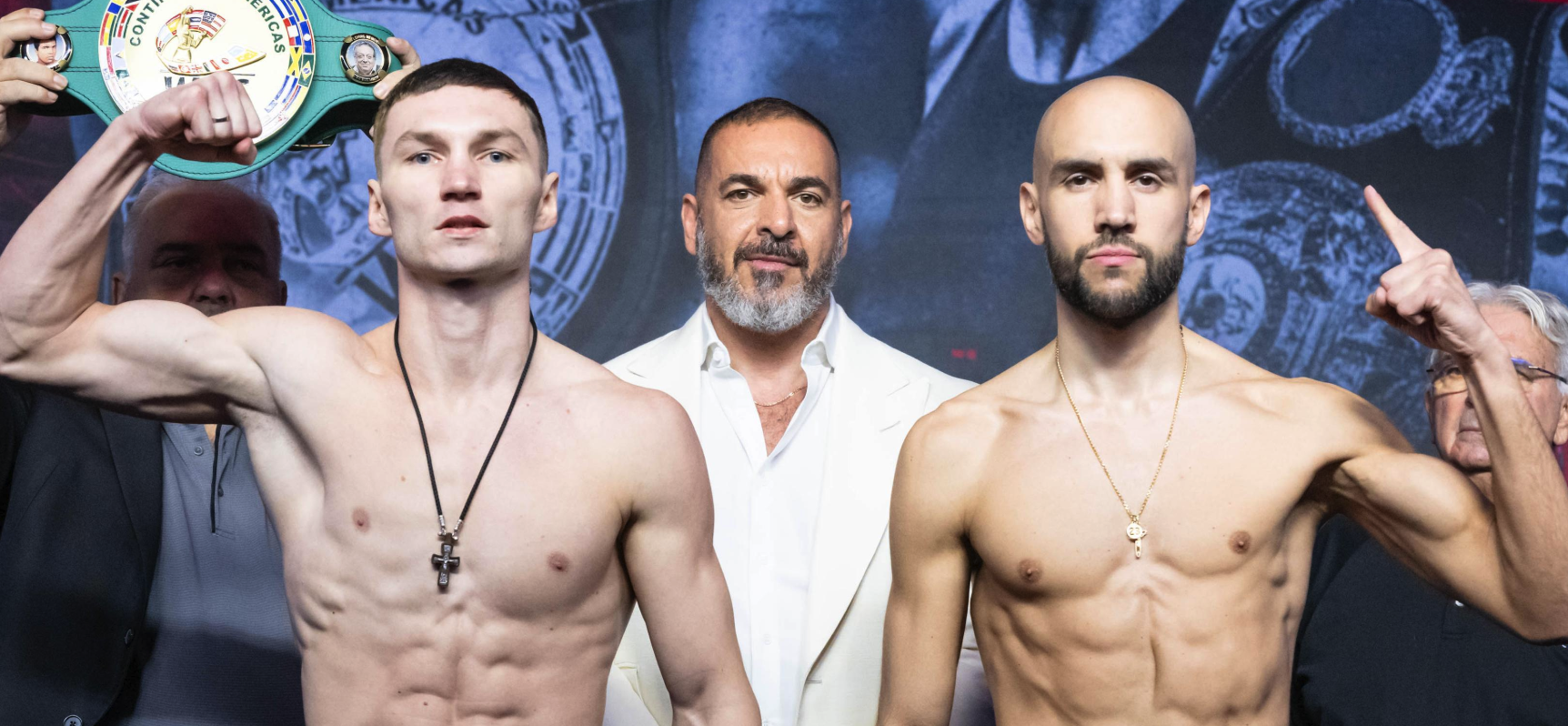


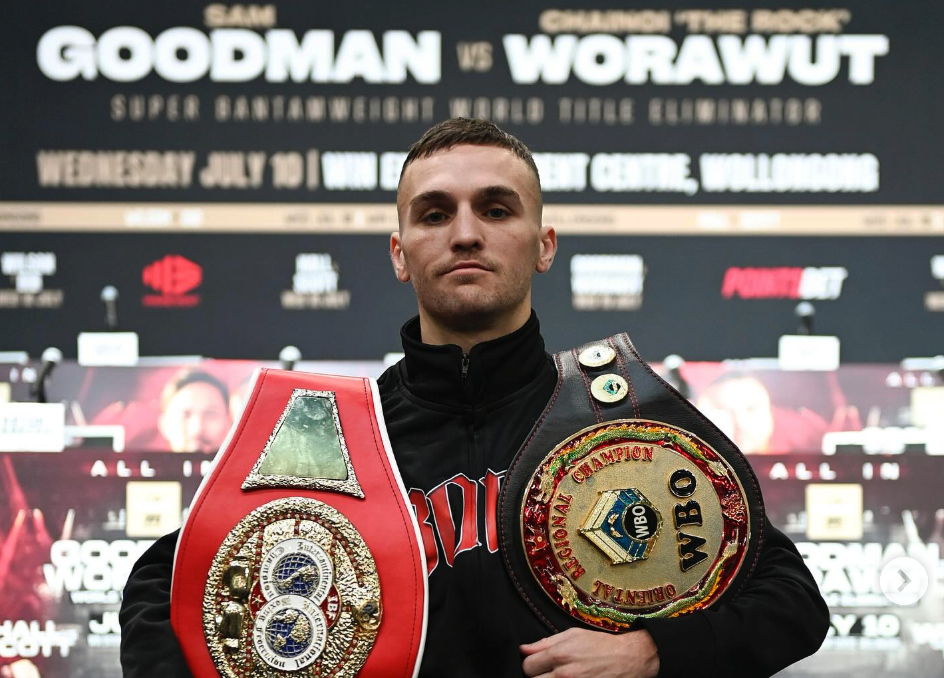
.jpg)
.jpg)
